

Tao Te Ching
Tao Te Ching
Chapter 43No Effort, No Trace
Chapter 43
Like water wearing through stone,
The soft and weak become more powerful
Than the strong and hard.
What doesn’t exit finds space anywhere.
This shows the value in not doing.
Beyond the understanding of all but a very few,
This is wordless wisdom,
Accomplishment without effort, without trace.
Commentary
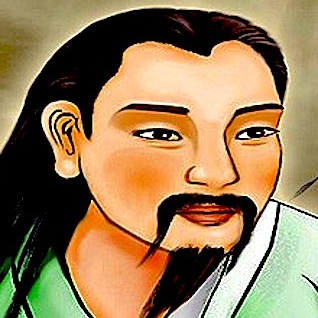
“‘Perseverance furthers,’ for it is perseverance that make the difference between seduction and courtship.”
Comments: Click to comment
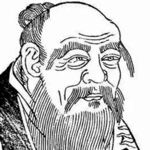
“What doesn’t exist’ refers to the Tao. The Tao has no form or substance… We don’t see it do anything,and yet the ten thousand things are transformed and completed.”
Comments: Click to comment

“To make no mistakes is not in the power of man; but from their errors and mistakes the wise and good learn wisdom for the future.”
Comments: Click to comment
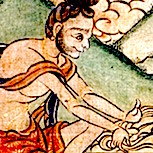
“From time immemorial I have washed out stains but I cannot make charcoal white.”
Comments: Click to comment

“Do not leave any traces and inside and outside will merge into one totality.”
Comments: Click to comment

“Empty, cold and thin, simple and genuine.. when you turn within and drop off everything completely, realization occurs… Every detail clearly appears before you. Sound and form, echo and shadow, happen instantly without leaving traces.”
Comments: Click to comment

“Words mean traces. Traces mean knowledge. Knowledge means presumption. Presumption means involvement. And involvement means failure.”
Comments: Click to comment

“I made every mistake that can be made but I just kept pushing.”
Comments: Click to comment

“Let there be no unnecessary expenditure of either knowledge or power… too much display today and there will be nothing to show tomorrow.”
Comments: Click to comment
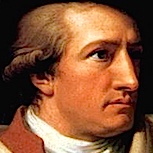
“If there is confusion in your head and in your heart, what more do you want! A man who no longer loves and no longer errs should have himself buried straight away.”
Comments: Click to comment

“A hero is one who knows how to hang on one minute longer.”
Comments: Click to comment
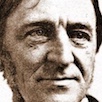
“A hero is no braver than an ordinary man, but he is brave five minutes longer.”
Comments: Click to comment
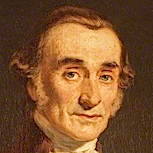
“An arrow may fly through the air and leave no trace; but an ill thought leaves a trail like a serpent.”
Comments: Click to comment
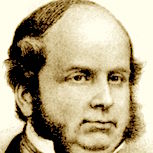
“The great enemy of knowledge is not error… One error conflicts with another, each destroys its opponent, and truth is evolved.”
Comments: Click to comment
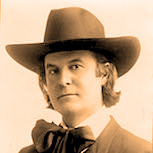
“Constant effort and frequent mistakes are the stepping stones to genius.”
Comments: Click to comment
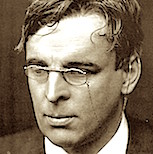
“People who lean on logic and philosophy and rational exposition end by starving the best part of the mind.”
Comments: Click to comment
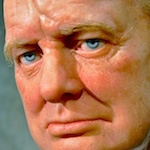
“Success is stumbling from failure to failure with no loss of enthusiasm.”
Comments: Click to comment
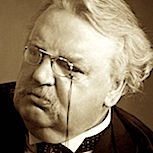
“How you think when you lose determines how long it will be until you win.”
Comments: Click to comment

“It’s not that I’m so smart, it’s that I stay with problems longer.”
Comments: Click to comment
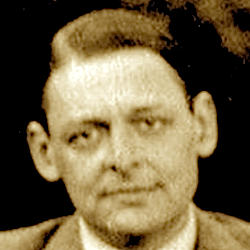
“To do the useful thing, to say the courageous thing, to contemplate the beautiful thing: that is enough for one man's life.”
Comments: Click to comment
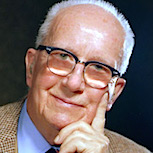
“Mistakes are great, the more I make the smarter I get.”
Comments: Click to comment
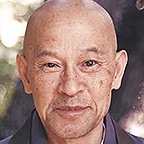
“When you do something, you should burn yourself up completely, like a good bonfire, leaving no trace of yourself.”
Comments: Click to comment
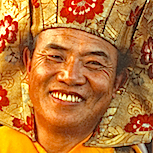
“You keep going. That is the bodhisattva’s way. As long as it benefits even one being you have to, without any sense of discouragement, go on.”
Comments: Click to comment
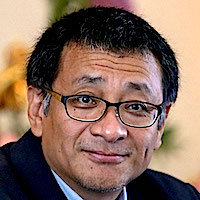
“the bare nature of our mind, the naked state of our being, does not feel at all comfortable with these layers of conceptual, philosophical, and religious clothing that we are trying to put on.”
Comments: Click to comment
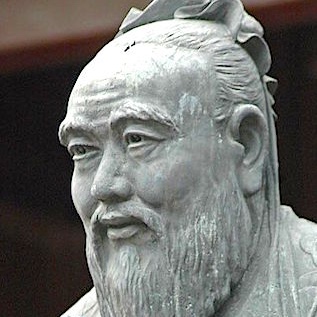

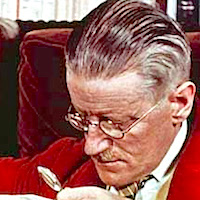


Comments (0)